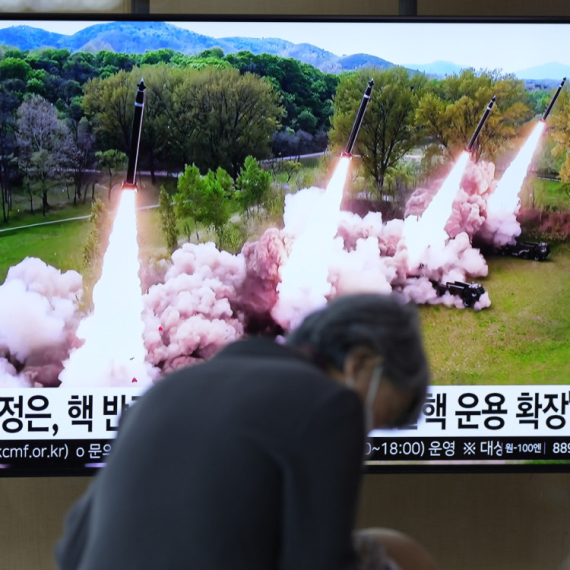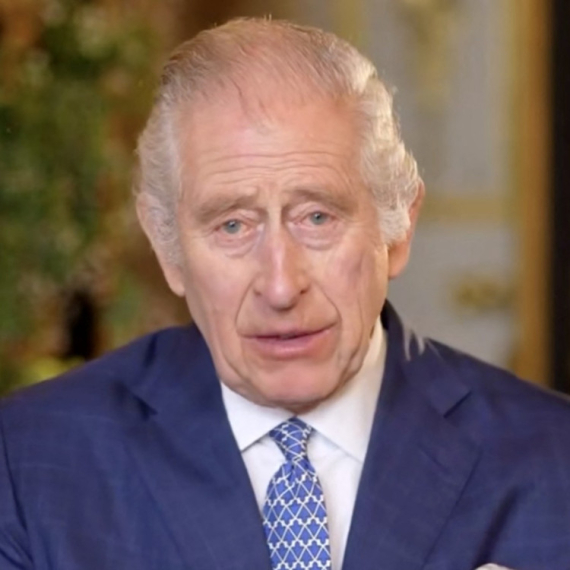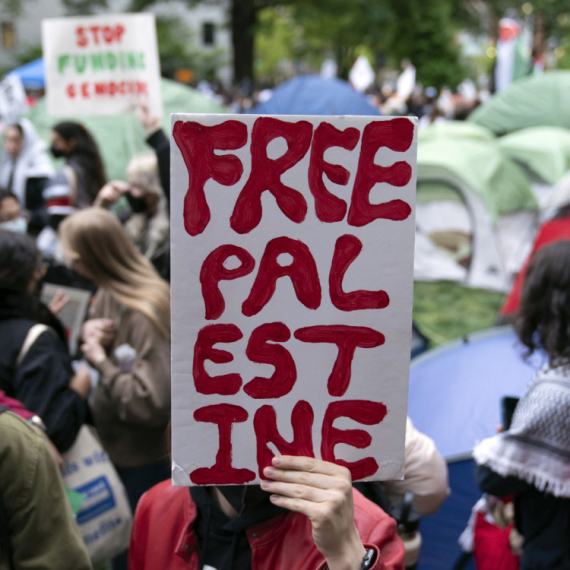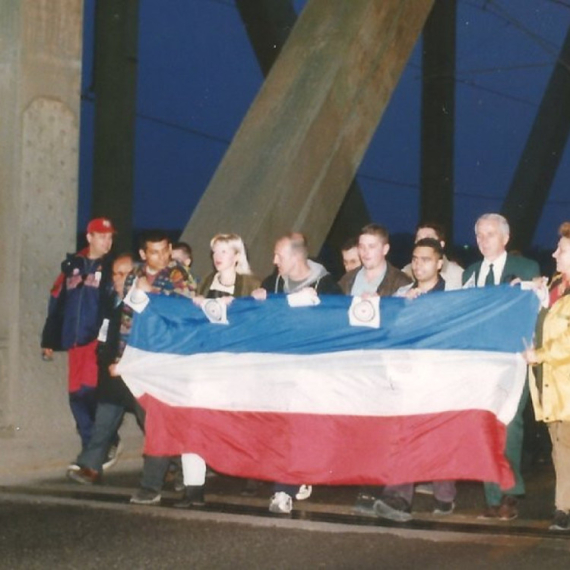Amnesty: Don't send genocide suspects to Rwanda
Amnesty International urged governments not to allow Rwanda war crimes suspects to be tried in their own country.
Friday, 02.11.2007.
09:40

Amnesty International urged governments not to allow Rwanda war crimes suspects to be tried in their own country. On Friday, the organization said that it had serious concerns over the justice system Amnesty: Don't send genocide suspects to Rwanda The central African country wants suspects in the 100-day slaughter of 800,000 minority Tutsis and moderate Hutus to be transferred to its custody. But Amnesty said that despite improvements in the Rwandan justice system, it had serious concerns about Kigali's ability to investigate and prosecute genocide-related crimes fairly, impartially and in line with international standards. "We recognize the importance of Rwandan national courts taking responsibility for investigating and prosecuting persons accused of the heinous crimes," Erwin van der Borght of Amnesty's Africa Program said in a statement. "However, there is still a lot of work to be done to ensure that the rights of both the accused and the victims will be fully respected and protected by these courts." Rwandan government officials were not immediately available to comment. Van der Borght said countries where suspects were currently living should prosecute them themselves. He urged the Tanzania-based International Criminal Tribunal for Rwanda, which has been trying the main architects of the genocide, not to transfer any cases to Rwanda until authorities there had shown they would conduct trials fairly, and would protect all victims and witnesses. Amnesty said the tribunal should ask the U.N. Security Council for more time and funds to complete trials itself, rather than transferring a number of outstanding cases to Kigali when it winds up its work next year. Amnesty said this year that Rwanda had formally and informally asked Britain, the Netherlands, Canada, France and Finland for the extradition of several people accused of genocide, war crimes and crimes against humanity in 1994.
Amnesty: Don't send genocide suspects to Rwanda
The central African country wants suspects in the 100-day slaughter of 800,000 minority Tutsis and moderate Hutus to be transferred to its custody.But Amnesty said that despite improvements in the Rwandan justice system, it had serious concerns about Kigali's ability to investigate and prosecute genocide-related crimes fairly, impartially and in line with international standards.
"We recognize the importance of Rwandan national courts taking responsibility for investigating and prosecuting persons accused of the heinous crimes," Erwin van der Borght of Amnesty's Africa Program said in a statement.
"However, there is still a lot of work to be done to ensure that the rights of both the accused and the victims will be fully respected and protected by these courts."
Rwandan government officials were not immediately available to comment.
Van der Borght said countries where suspects were currently living should prosecute them themselves.
He urged the Tanzania-based International Criminal Tribunal for Rwanda, which has been trying the main architects of the genocide, not to transfer any cases to Rwanda until authorities there had shown they would conduct trials fairly, and would protect all victims and witnesses.
Amnesty said the tribunal should ask the U.N. Security Council for more time and funds to complete trials itself, rather than transferring a number of outstanding cases to Kigali when it winds up its work next year.
Amnesty said this year that Rwanda had formally and informally asked Britain, the Netherlands, Canada, France and Finland for the extradition of several people accused of genocide, war crimes and crimes against humanity in 1994.



























































Komentari 2
Pogledaj komentare